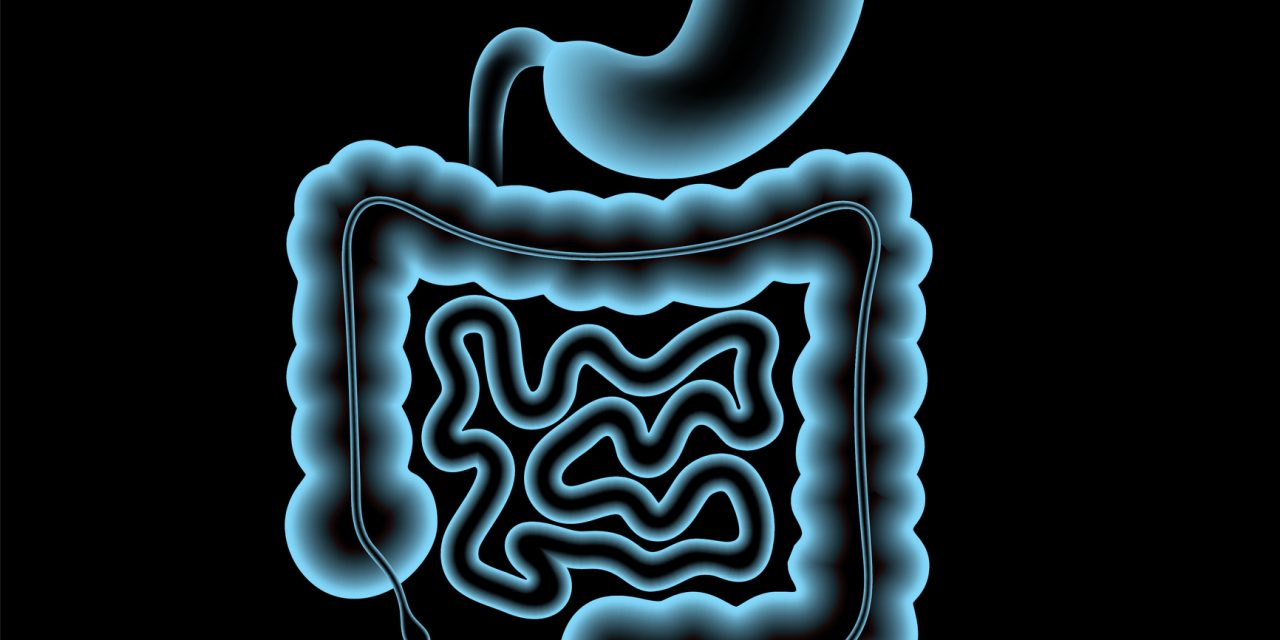Hepatitis C has been linked to a multitude of autoimmune disorders, including rheumatoid arthritis, thyroid disease, cryoglobulinemia, immune thrombocytopenic purpura, systemic lupus erythematosus, and Sjögren’s syndrome. In this study, efforts were made to draw a parallel between hepatitis C and thyroid dysfunction.
This case-control study was conducted between June 2020 and March 2021 in the gastroenterology ward of a tertiary care hospital. We enrolled 300 hepatitis C-positive patients in this study through consecutive convenient non-probability sampling. In addition, 300 patients without hepatitis C were signed up as a control group. Blood sampling for thyroid function tests was conducted via phlebotomy from the cubital vein and the samples were dispatched to the laboratory for further study.
The control group had more euthyroid patients as compared to patients with hepatitis C (74.6% vs. 89.6%; p-value: <0.01). Hepatitis C patients had more cases of primary hypothyroidism compared to the control group (10.6% vs. 4.6%; p-value: 0.005). Similarly, patients with hepatitis C had a higher prevalence of subclinical hypothyroidism compared to the control group (6.0% vs. 1.3%; p-value: 0.002).
Hepatitis C patients have a high frequency of thyroid dysfunction, particularly primary hypothyroidism and subclinical hypothyroidism. Therefore, it is important to ensure regular screening for early prognosis and avoid treatment modalities that are known to cause thyroid abnormalities.
Copyright © 2021, Nazary et al.
Prevalence of Thyroid Dysfunction in Patients With Hepatitis C.


